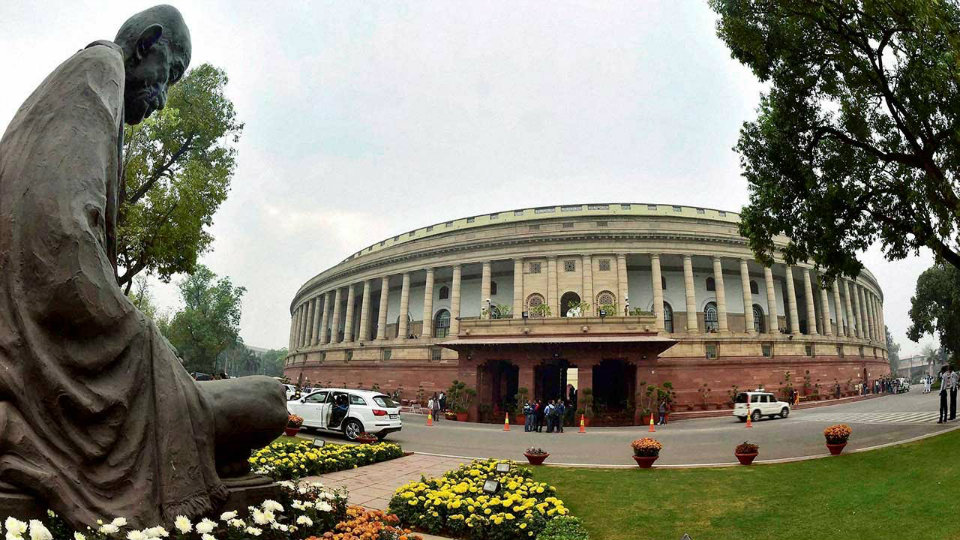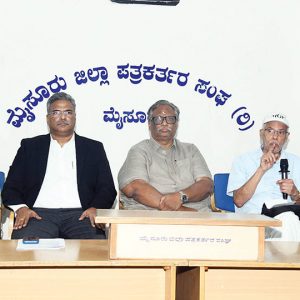The incumbent government’s leading lights at the Centre opened their five-year innings in May 2014 with the slogan “Less government, More governance” generating hopes of achhe din (good days) sooner than later. The three-plus years of the period following that event have witnessed disturbing incidents in open spaces across the land, Karnataka figuring in them like never before, sending the administration in the State into a tizzy as it were. Unfazed by the all-too-familiar ungratifying public scenario in the region, as copiously reported upon day after day by the media, the top brass has widely advertised that more than 90 percent of whatever was promised during the poll campaigns by the ruling party before assuming office four-plus years ago have been fulfilled leaving some of the different sections amused or astonished or satisfied and the rest dismayed. The nation has seen this sequence of assurance and awaiting disenchantment for seven decades so far.
Criticising the actions and policies of the government in a democracy, as the practice adopted by citizens in some circles, has tended to sound a great deal harsh in words, inviting different styles of reaction from various quarters. Journalists, pursuing their rightful duty of keeping citizens informed, particularly without taking sides, are getting caught in the crossfire. Moderates in the land have virtually lost their voice and place in society.
The land’s people are being prepared for making way to digital financial transactions, big as well as small, and also reduced paperwork in the offices of the government. One has to wait with fingers crossed until the day of success in the just unleashed measure given the low rate of digital literacy in the land’s population. The governments both at the Centre and in the 36 States and Union Territories already are manned by an army of staff, numerically many times than that of the nation’s army. A quote by Cyril Northcote Parkinson (1909-1993), the British author, considered as an important scholar in public administration and management, namely, “The man whose life is devoted to paperwork has lost the initiative. He is dealing with things that are brought to his notice, having ceased to notice anything for himself,” eminently suits the land’s bureaucrats.
Citizens at large are most unwelcome in any government office in the land, understandably except where the deal between the intruder and the babu has unmistakable prospect of free and instant flow of cash from the willingly giving side to the eagerly receiving side, obviously below the table. In all other cases, the citizen is perceived as a virtual gorilla in the babudom, disturbing well-earned tranquillity.








Recent Comments